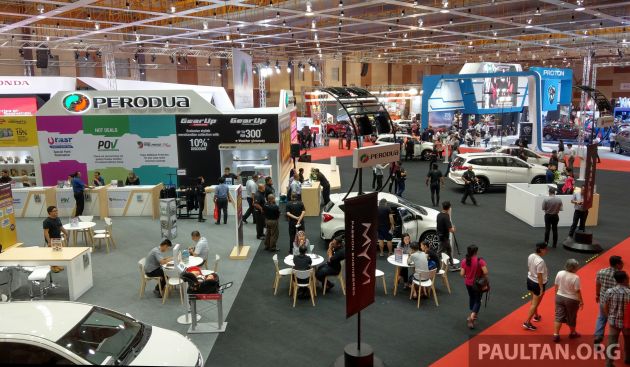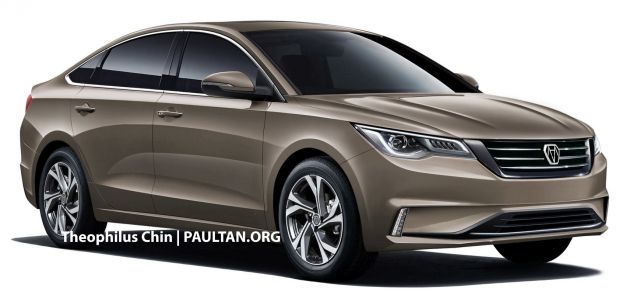Every car company should pay duties at the same level, and we don’t need a third national car – MAA
“We definitely agree that it should be a level playing field, and that every car company should be paying duties at the same level,” said Malaysian Automotive Association (MAA) president Datuk Aishah Ahmad on a query that national car companies Proton and Perodua enjoy an unfair advantage in the industry.
Speaking after the association’s 1H2020 market review briefing earlier today, she added that “we have highlighted this to the government many times to say that duties on automobiles in Malaysia are very high, and it should be re-looked into. But, it always falls on deaf ears, that’s all I can say.”
This, of course, rides on the common assumption that Malaysia’s two national car companies are subjected to a different set of taxes and duties compared to other foreign brands. That’s not exactly accurate, at least not anymore, as the industry has moved on to an updated system with “customised incentives” rather than outright lower taxes for Proton and Perodua.
Under the current system underlined in the National Automotive Policy (NAP) 2014, all car companies are subjected to the same set of duties and taxes (Proton and Perodua included). However, a “localisation” approach known as Industrial Linkage Programme (ILP) does offer additional customised incentives and rebates that would give certain companies an edge over others.
Designed to spur investments in the sector, the ILP scheme is open to all car companies operating in Malaysia. However, as it involves requirements such as local investment commitments, local content percentage and a few other details not publicly known, it will, quite naturally, benefit the two local players – they would obviously have the highest levels of localisation among all. Foreign brands that have invested heavily also enjoy substantial incentives, or are at least open to.
The ILP may seem to some as a form of a protection mechanism, but as it’s open to all car companies, technically we have already achieved a level playing field for all in Malaysia. This, of course, is up for interpretation and debate among industry players and others looking in, especially on the “customisable” nature of the incentives.
The MAA president also chimed in on this issue. “There were a lot of things that were said at the NAP 2020 announcement that we did not have any clarification for. What we wanted is instead of the incentives being customised, we would prefer it if the incentives are made known to the industry, so that it’s better for us to know what exactly the government requires,” Aishah explained.
With questions moving on to the new national car project (NNCP) and how it would affect the sector, Aishah commented that “the industry’s stance is that having two national cars in Malaysia is already too many. To have a third national car project, I don’t think we need it. But we don’t know the details of the plans for the third national car, so we cannot comment on that.”
“Having national cars is a political decision, so it’s very difficult for me to comment on. We have always lobbied that it should be a level playing field,” she concluded. The government has said that the NNCP is set to continue, and has asked to be briefed on its development and progress.
So, what do you think of all this, folks?
The post Every car company should pay duties at the same level, and we don’t need a third national car – MAA appeared first on Paul Tan's Automotive News.
from Paul Tan's Automotive News
Read The Rest:paultan...





Post a Comment